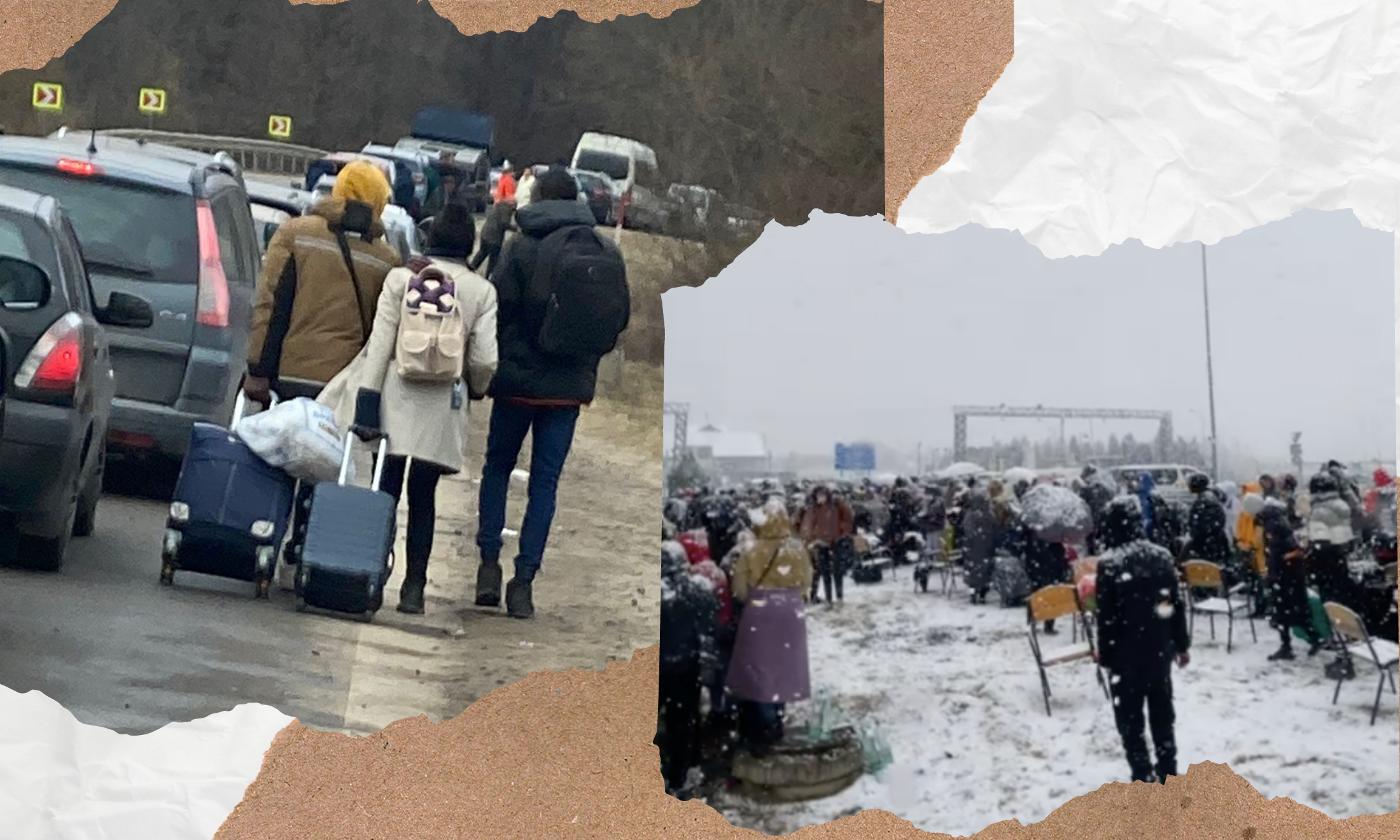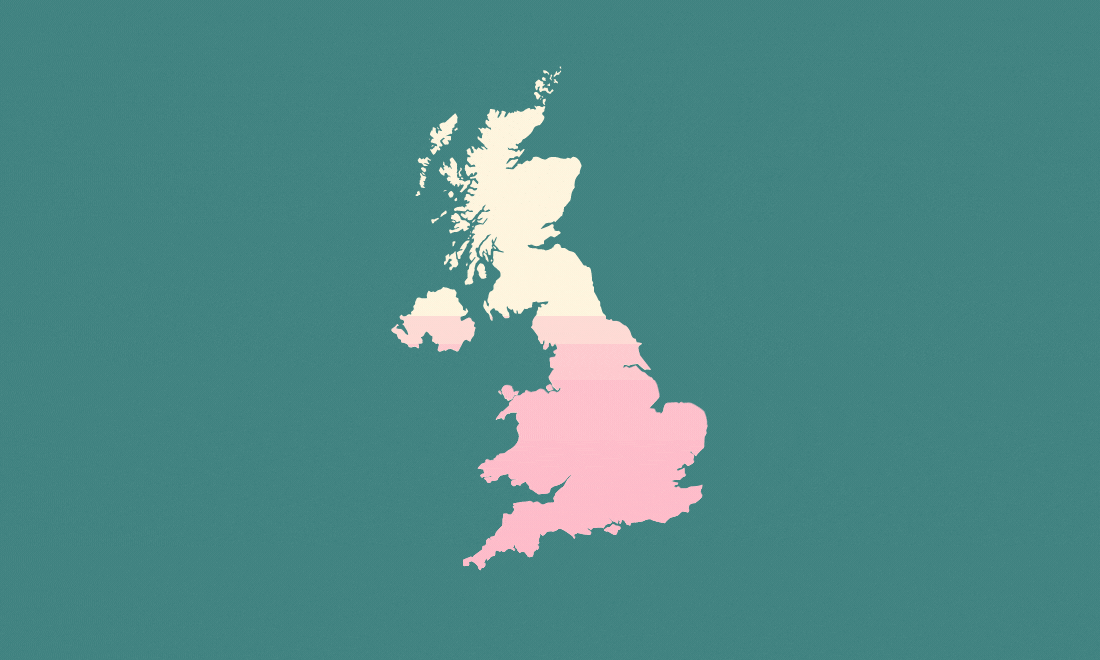
‘Silence is not allyship’: migrant solidarity is lacking from Brits abroad panicking about Brexit
Bel Parnell-Berry
02 Oct 2018
Image by: Paul Bissegger/Wikimedia Commons
I recently joined a Facebook group for Brits living in the Netherlands. The vast majority of the discussions on the group revolve around the UK government’s bad handling of Brexit, speculation on what our new status will be in the Netherlands come April 2019, and what options are open to us if we want to stay. Members of the group share useful, practical knowledge amongst each other, largely seeing themselves as soon-to-be “second class citizens” or, inappropriately, “refugees” who need to desperately protect their right to remain. However, discussions rarely place the current confusion and alarm within a broader discourse of British imperialism and exclusion.
I live in the Netherlands and I’m nervous. We have just over six months to go until Brexit becomes official, and the details of how Britain leaving the EU will play out in practice remain something of a mystery. All we have to go on so far are catastrophic economic predictions, an increasingly humiliating international reputation and the ever-unfolding, terrifying ramifications of an anti-immigrant “hostile environment” strategy. Will there be a people’s vote on the final Brexit deal? Who knows. Will the Leave campaign be held accountable for their electoral fraud? Unlikely! Can Theresa May be forced to resign so someone more competent can guide us through the inevitable? We can only hope.
“Well-publicised cases of EU spouses being denied citizenship have exposed the arbitrary chaos that is British immigration policy”
As soon as the referendum result was announced, well-publicised cases of EU spouses being denied citizenship swiftly followed (one of the more recent cases being former Ipswich mayor Inga Lockington), including instances of families being told by the Home Office to prepare to leave the UK, despite having spent decades living and working there. Not only did these cases expose the arbitrary chaos that is British immigration policy and bureaucracy, but they also sounded an alarm to the EU regarding the UK’s approach to Brexit. Ongoing uncertainty around Brexit means that many Brits living and working in the EU have concerns about if they will be able to continue to live and work within the EU, or if they will be forced to return and separated from their partners and/or children.
Yet, I’ve found that this Facebook group, while keen to point out how the UK government fails to protect its citizens abroad, doesn’t engage in enough critical thinking to relate our current situation to that of various immigrant and/or minority groups in the UK also facing potential resettlement. There is little to no discussion of the xenophobia faced by EU nationals in the UK, for instance, or discussions of how awful it is that children born to Eastern European parents in the UK are being denied citizenship. Rather, prominent members bemoan the EU’s pledge to protect EU citizens in the UK, as part of a “What about us?” narrative. Unlike a more progressive Twitter thread I came across the other day, the members of my new Facebook group don’t call out EU-based British Leavers, who ironically think Britain has too many immigrants.
I’ve just been listening to an “ex-pat” living in Spain who was complaining about immigrants in the UK. Peak-level Brexit.
— James Melville (@JamesMelville) September 23, 2018
Moreover, the group has failed to discuss the recent Windrush scandal in any meaningful way; a situation that should be more than relatable to anyone facing a citizenship crisis. As supposedly open-minded, well-travelled Brits who care about their home country as well as their adopted one, you would think these so-called “expats” would have displayed outrage when the targeting of the Windrush generation as part of the hostile environment project was revealed. However, searching through the group’s discussions, you will find only two throwaway comments on this subject, instrumentalised to illustrate why we need to apply for Dutch citizenship before it’s too late. There is no critique of the deliberate manoeuvres made by the Home Office to rid itself of evidence that many Windrush individuals had the right to remain, or compassion shown to those who came as children and did not know their paperwork was not in order. Of course, there are no comments on the fact that those coming to Britain from the Commonwealth are only doing so because of our nefarious colonial past, linking us to an enormous network of people around the world. The mention of Windrush-era migrants is merely a convenient way to show that even if you think you have the right to reside somewhere, the government can always change its mind.
It is probably not the case that the members of this group think the government’s hostile environment policy is fair. It could be that privately they feel it is horrendous and simply do not wish to raise this issue in a group meant to discuss our right to live abroad. But silence is not allyship, and what all Brits in the EU should learn from the Windrush scandal – if nothing else – is that our comfortable, mobile lifestyles are only possible at the expense of the restricted movements of others. The Netherlands has a very similar anti-immigrant rhetoric that has never been discussed in this group – in any meaningful way at least – and I assume many members feel it should not relate to them.
I am also learning, as a woman of colour, following the discussions and actions of the government back “home”, that I am not welcome there any more than I might be in the Netherlands, where I have tried to make a life for myself for the last seven years. I have always had to deal with racism, on both sides of the Channel, except now that racism will be tinged with an extra speck of white nativist entitlement. I wonder if the members of this Facebook group will speak up for people like me too?









